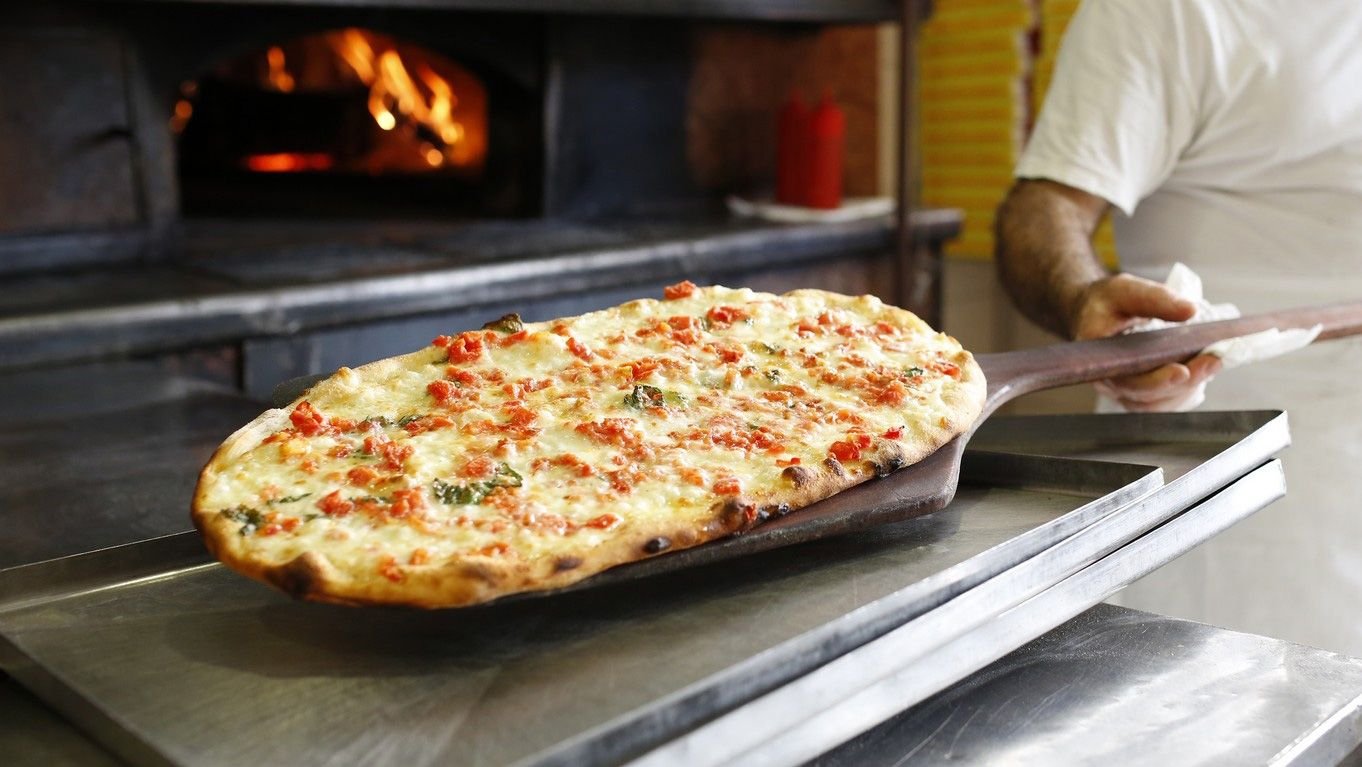Comfort food has a unique ability to evoke feelings of nostalgia, satisfaction, and well-being. Among the myriad of comfort foods, pizza holds a special place, often associated with indulgence and shared moments. Understanding the psychological aspects of comfort food and pizza cravings provides insight into why this beloved dish resonates with so many people on a deep emotional level. This article explores the factors that contribute to the comforting nature of pizza, including nostalgia, sensory pleasure, social bonding, and psychological needs.

The Role of Nostalgia
Childhood Memories
For many, the craving for pizza is rooted in fond childhood memories. Birthday parties, family gatherings, and casual dinners often featured pizza as a central element. These early positive experiences create a strong association between pizza and feelings of joy and security. The taste and aroma of pizza can trigger these nostalgic memories, providing emotional comfort.
Sense of Tradition
Pizza also carries a sense of tradition and continuity. Family recipes passed down through generations, or weekly pizza nights, reinforce this connection. The act of eating pizza can evoke a sense of belonging and continuity, offering a comforting reminder of one’s cultural and familial roots.
Sensory Pleasure
Flavor and Texture
Pizza is a sensory delight, combining multiple flavors and textures in each bite. The crispy crust, gooey cheese, savory sauce, and varied toppings create a complex and satisfying eating experience. The combination of these elements activates the brain’s reward system, releasing dopamine and creating a feeling of pleasure and satisfaction.
Aroma and Appearance
The aroma of freshly baked pizza is another powerful factor in its appeal. The scent of melting cheese, baked dough, and herbs stimulates the olfactory senses, triggering hunger and anticipation. The visual appeal of a well-made pizza, with its vibrant colors and inviting appearance, further enhances its desirability and comfort value.
Social and Emotional Bonding
Shared Experiences
Pizza is often associated with social and communal experiences. Sharing a pizza with friends or family during a casual meal, party, or game night fosters a sense of connection and belonging. These shared experiences contribute to the emotional comfort derived from eating pizza, reinforcing its role as a communal comfort food.
Celebration and Reward
Pizza is frequently used as a celebratory or reward food, whether it’s for marking achievements, celebrating milestones, or simply indulging after a long week. This association with positive events and rewards enhances the emotional satisfaction and comfort that pizza provides.
Psychological Needs
Stress Relief
Comfort foods like pizza are often sought during times of stress or emotional distress. The act of eating familiar and enjoyable food can provide a temporary escape and a sense of relief. The carbohydrates in pizza, in particular, can increase serotonin levels, promoting a sense of well-being and relaxation.
Coping Mechanism
For some, pizza serves as a coping mechanism to deal with negative emotions. The familiarity and reliability of pizza can provide a sense of control and predictability in uncertain times. This psychological comfort helps individuals manage their emotions and find solace in the act of eating.
Cravings and Psychological Factors
Conditioned Responses
Cravings for pizza can be influenced by conditioned responses. Past experiences where pizza was consumed during enjoyable or comforting situations can create a conditioned craving. Seeing or smelling pizza can trigger these conditioned responses, leading to a strong desire to eat it.
Emotional Associations
Emotional associations play a significant role in pizza cravings. Positive emotions linked to past experiences with pizza can drive cravings. Conversely, during times of loneliness or sadness, the emotional comfort previously derived from pizza can lead to a craving as a means to replicate those positive feelings.
Conclusion
The psychological aspects of comfort food and pizza cravings are deeply intertwined with our emotions, memories, and sensory experiences. Pizza’s ability to evoke nostalgia, provide sensory pleasure, foster social bonds, and address psychological needs makes it a quintessential comfort food. Understanding these factors highlights why pizza holds such a special place in our hearts and minds, offering more than just a meal, but a source of comfort and connection. As we navigate the complexities of modern life, the comforting allure of pizza continues to provide a reliable and beloved source of emotional satisfaction.











